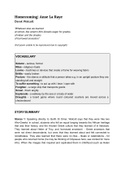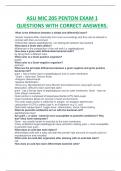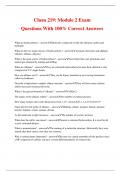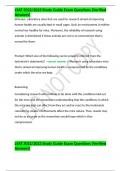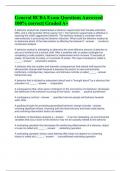Summary
Summary Poem Analysis of 'Homecoming: Anse La Raye' by Derek Walcott
Here’s a detailed analysis of Derek Walcott’s poem ‘Homecoming: Anse La Raye’; it’s tailored towards students taking the CIE / Cambridge A Level syllabus but will be useful for anyone who’s working on understanding the poem at any level. Great for revision, missed lessons, boosting a...
[Show more]
